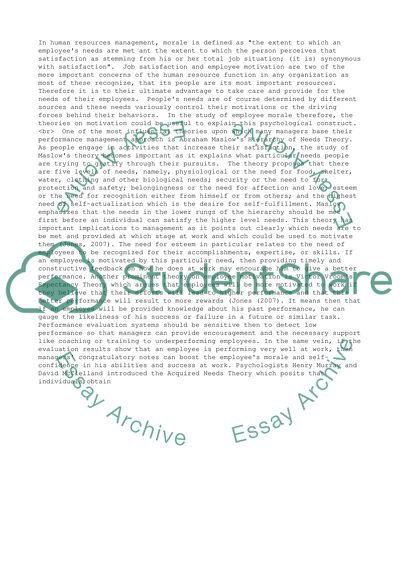Cite this document
(“Effects of Performance Evaluation Systems on Employee Morale Research Paper”, n.d.)
Retrieved de https://studentshare.org/management/1390706-effects-of-performance-evaluation-systems-on-employee-morale
Retrieved de https://studentshare.org/management/1390706-effects-of-performance-evaluation-systems-on-employee-morale
(Effects of Performance Evaluation Systems on Employee Morale Research Paper)
https://studentshare.org/management/1390706-effects-of-performance-evaluation-systems-on-employee-morale.
https://studentshare.org/management/1390706-effects-of-performance-evaluation-systems-on-employee-morale.
“Effects of Performance Evaluation Systems on Employee Morale Research Paper”, n.d. https://studentshare.org/management/1390706-effects-of-performance-evaluation-systems-on-employee-morale.


